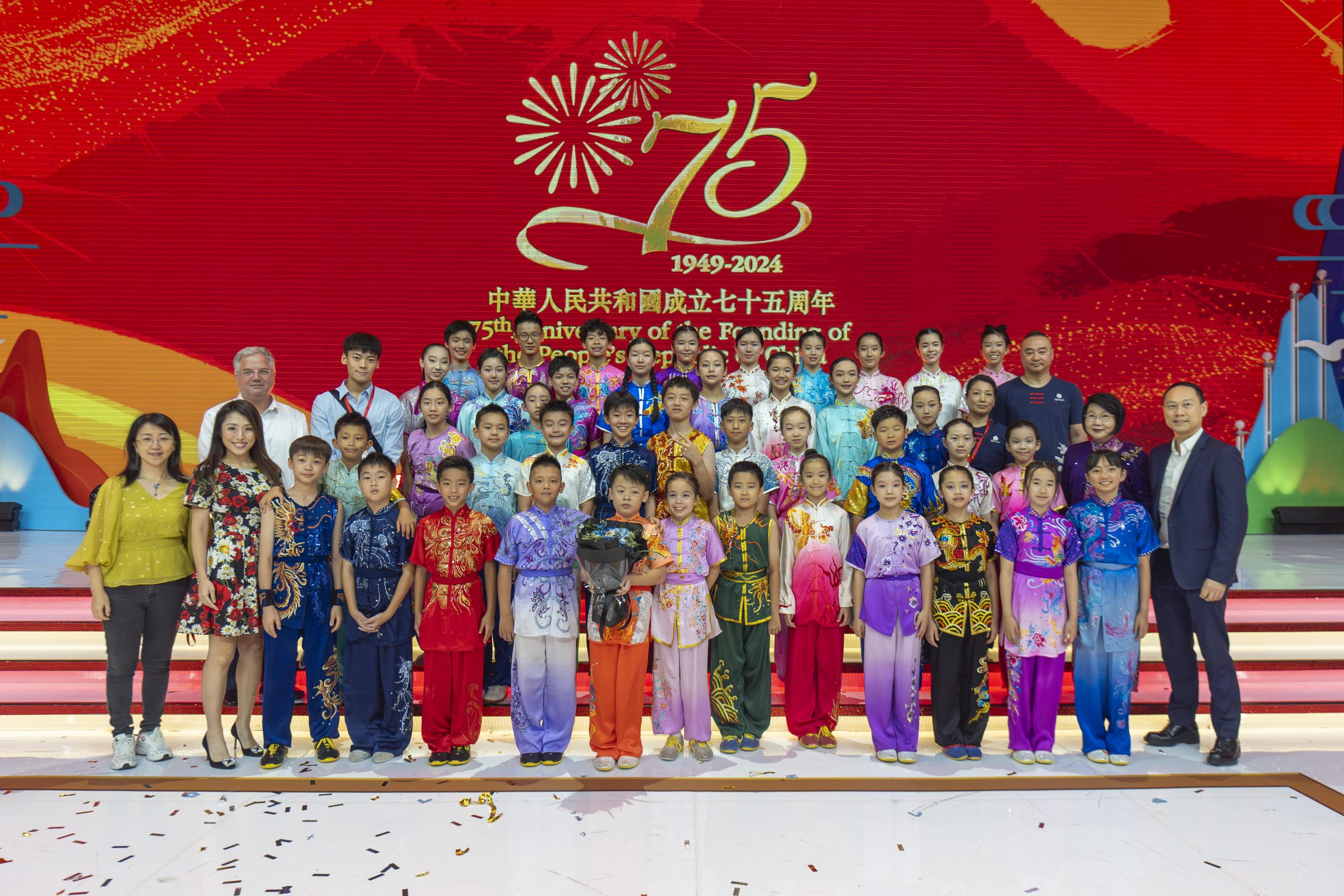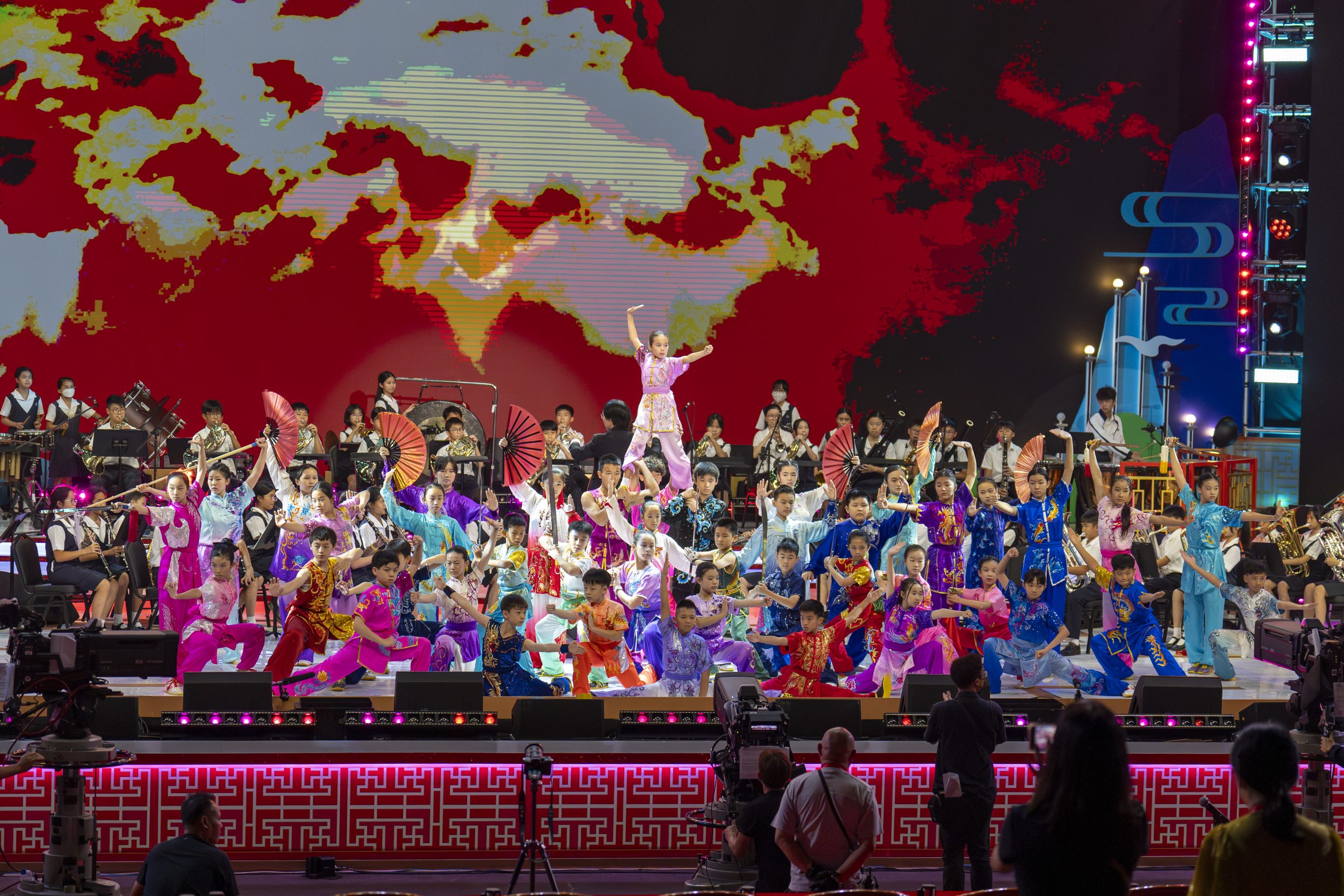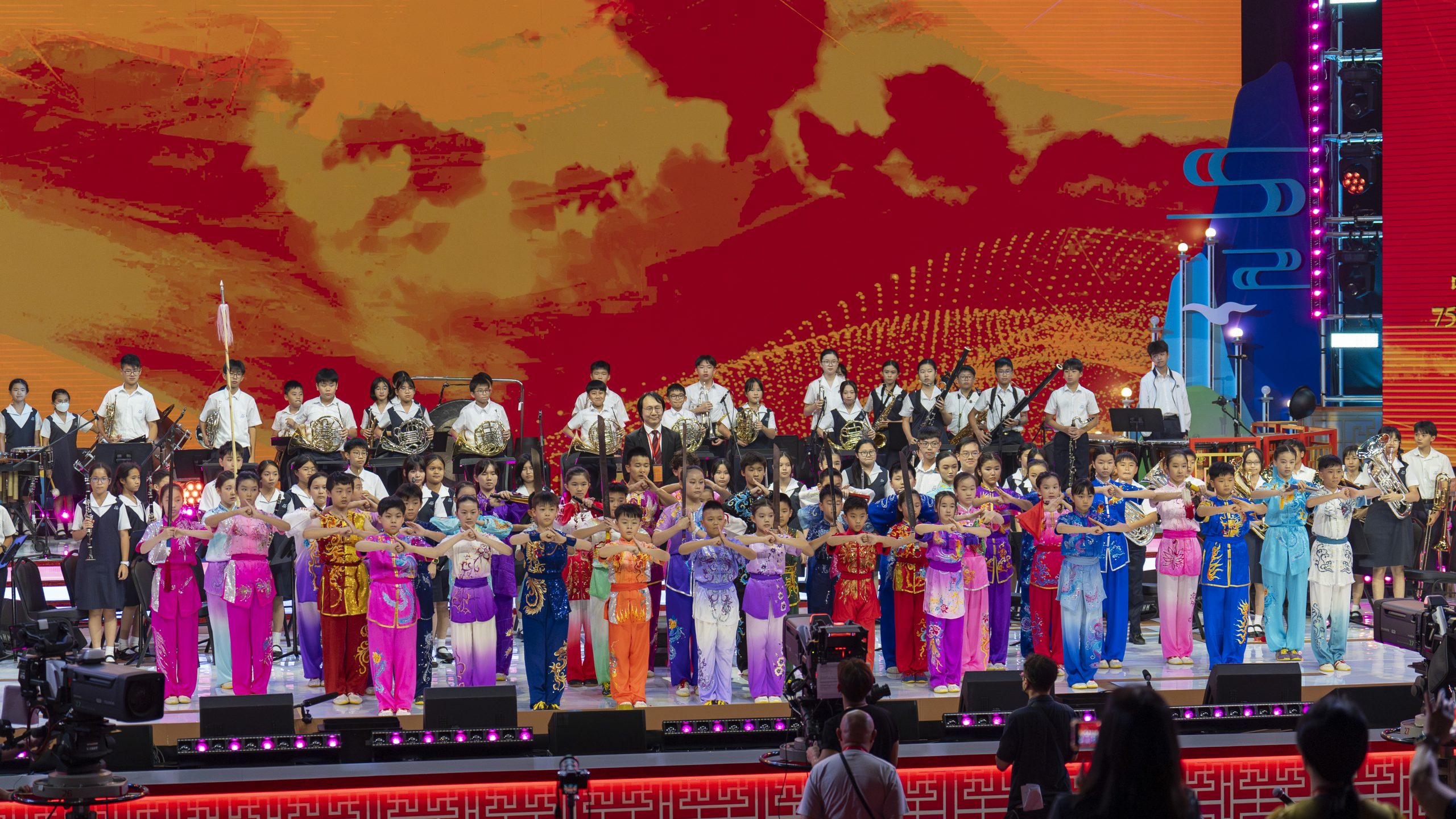Where are you from?
Oct 4, 2024
Where are you from? This is a question we often hear when we encounter a stranger for the first time; it is an overture that invites, at least at a superficial level, some sort of introductory exchange of personal histories. The answer varies, of course, but it does point to an interesting and obvious point of commonality in the lived human experience: we all come from somewhere. It is therefore a common conversation starter.
The attitude we have towards our birthplace may vary: for some it is a matter of considerable pride; for others, it gives rise to difficult, even painful memories. For those who can speak with pride of their home, there is a strong sense of belonging, loyalty, and patriotism towards community and country. For others, the bitterness of dislocation, rejection, want, guilt, and loss may taint the memories of one’s place of origin.
The phenomenon of the refugee in the 20th and 21st century, or its close cousin, the immigrant, highlights the fact that the geographical, political, economic, or cultural circumstances of our birth and childhood may compel us to seek sanctuary or refuge somewhere else. When denied basic human needs such as safety, education, livelihood, or opportunity, it is a very human response to find an escape, no matter the peril or risk to life; such a choice sometimes seems desperate or even hopeless. Yet our daily news feed is saturated with tragic tales of perilous journeys and unwelcoming even hostile host communities, angry at the disruption brought by foreigners with strange languages, customs, beliefs, and cultures. Political debates rage in many places about the dubious dietary habits and religious practices of the newly arrived. We are prone to ‘othering’ those from somewhere else.
The numbers of the ‘globally mobile’ are staggering. Depending on the source of statistics, up to 5% of the world’s population has been on the move from their birthplace seeking opportunity or security elsewhere. The countries with the highest proportion of immigrants may surprise: Saudi Arabia tops the list with immigrants making up 88% of its population, with other close neighbors such as Qatar, and Kuwait all exceeding 70%; the United States holds the largest total number of immigrants in a single country; many developed countries, like Australia and Canada, have immigrant populations well in excess of 20%. In countries belonging to the Organisation for Economic Co-operation and Development (OECD), immigrants account for one in nine residents.
This global demographic phenomenon is aided and abetted in so many ways by technology. We now know more about what is on the other side; we also now have the means to travel to the other side, if needed. We live in hope that things might be better elsewhere.
So, perhaps the pertinent question to ask in 2024 is: “why are you here?” There will be an interesting, perhaps alarming, tale attached to the response from quite a large proportion of people we encounter in our lives. The ‘why’ is often going to lead to a much deeper and more personal conversation than ‘where’.
The questions that ultimately arise from this ceaseless flow of humanity are complex and challenging: these focus on the important human attributes of belonging, loyalty, commitment, and patriotism. For those who are not ‘from’ a particular place, can they truly belong? Can they feel connected to their new home? Can they meaningfully contribute to its future? Can they ever make the journey from the ‘other’ to ‘us’?
For me the answer is an unequivocal ‘yes’. Our lives are shaped and punctuated by almost constant change and mobility: we make new friends, form new partnerships, bond in marriage, connect with neighbors, commit to beliefs, build communities. None of these actions are immutable or eternal; many are shaped by our choices, keeping in mind that to do, or not, is always a choice. Embracing the new, however, does not in any way erase or negate our history. It also does not mean we forsake the possibility of change again in the future. Each of us therefore can choose to establish new connections, roots, allegiances and bonds without rejecting the past and without precluding change in the future. Similarly, we can embrace the ‘other’ in our midst and accommodate diversity to become a richer and much more interesting version of ‘us’. Homogeneity is not a virtue; it is just a state.
With the recent celebration of the 75th anniversary of the founding of the People’s Republic of China, there is much to be proud of for those who call China ‘home’. Those from other places, who by choice and circumstance find themselves in China at this time in history, similarly were able to participate in their own way, as they too help build a community and a country in this phase of their lives.



With so many of us on a journey from somewhere to somewhere else, and for many different reasons, there is cause to celebrate and reflect. We should remember to honor our origins and celebrate our choices and the new opportunities to live and learn that arise as a result. We should also encourage fellow pilgrims who share the same road. So too, we might reflect on the personal cost of those choices for each of us but remembering that it is not a zero-sum proposition. There is pain and gain, but not necessarily in equal measure! Finally, bear in mind the sentiment that is perhaps best summed up in a paraphrase of an old song: if can’t be in the place you love, love the place you’re in!
Dr. Malcolm Pritchard
Head of School
